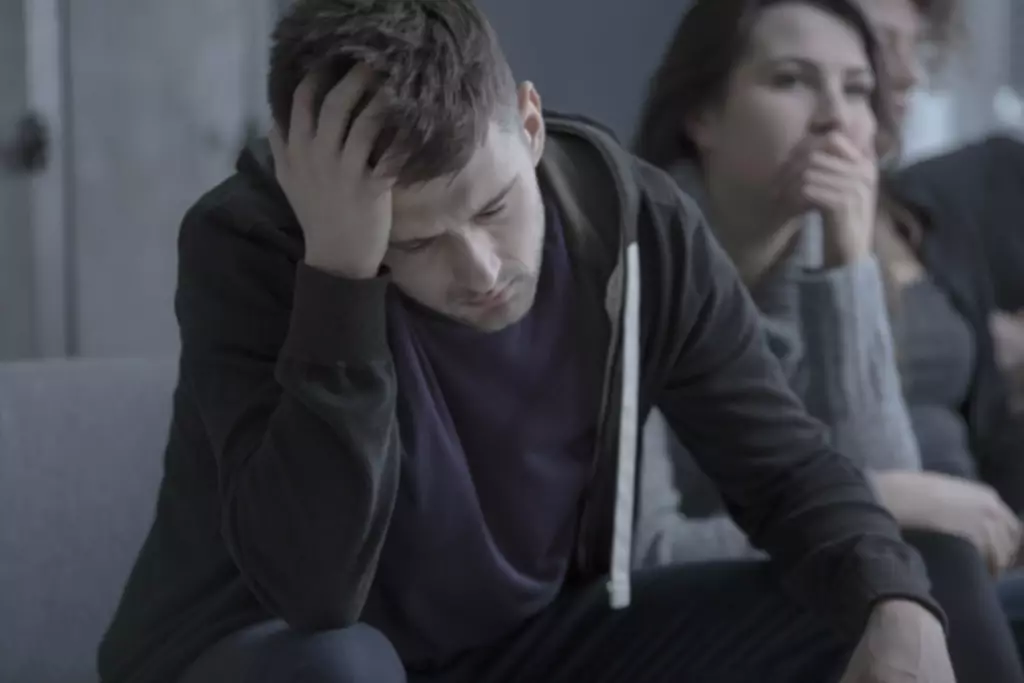Content
For many of us, it was the recommendation to drink water, based on the underlying belief that alcohol causes dehydration (we talk about other alcohol-related myths in this blog post, too). Some cocktails can take a toll on your hydration because of additional ingredients. So that espresso martini or Irish coffee might end up making you need the bathroom. Drinks with a higher alcohol content — and therefore more potential to dry you out — include vodka, gin, rum, and whisky.
Your body uses vitamin B12 to eliminate alcohol from your body and aids in breakdown of carbs. Many carbs in alcohol turn to sugar that will spike your blood sugar levels. When you wake up, this can lead to some negative effects of dehydration. Indulging in alcohol doesn’t mean you’re fated to alcohol dehydration symptoms the next morning such as dry mouth, throbbing headache, fatigue, brain fog, and nausea. Interestingly, dark liquor also seems to be more dehydrating than light/clear liquors.
Binge drinking
After alcohol enters your bloodstream, it travels anywhere and everywhere in your body. This includes your brain, which is why you feel light-headed and loopy, and your judgment can be slightly impaired. Alcohol gets into your lungs and is released when you exhale.
Is beer dehydrating?
Beer is a Natural Diuretic
This can increase the risk of dehydration since you lose the fluids you are taking in your body. Alcohol also dehydrates your body as it increases the urine produced by your kidneys to process and filter it out of your body. This is why so many people urinate more frequently when they drink.
One night of binge drinking can jumble the electrical signals that keep your heart’s rhythm steady. If you do it for years, you can make those heart rhythm changes permanent and cause what’s called arrhythmia. Over time, it causes heart muscles to droop and stretch, like an old rubber band. Your heart can’t pump blood as well, and that impacts every part of your body.
Stick to drinks with lower alcohol content
Hangover symptoms peak when the blood alcohol concentration in the body returns to about zero. It’s probable that a cocktail such as a vodka and soda is less dehydrating than a straight shot of vodka. One glass of liquor drunk slowly over the course of an evening will be less dehydrating than having several beers or glasses of wine during the same time frame. That said, the higher a drink’s alcohol content, the more of a diuretic it’s believed to be.
- However, even this may not help you avoid a harsh bout of dehydration.
- For those of us in the southern half of the country, we’re very familiar with the climate’s impact on hydration.
- A review of ten studies shows that caffeine doesn’t cause dehydration any more than water does.
- So, when drinking liquors like whiskey and brandy, it’s especially important to consider how many drinks you’ve consumed versus glasses of water.
- You might not link a cold to a night of drinking, but there might be a connection.
That limits blood flow, so liver cells don’t get what they need to survive. As they die off, the liver gets scars and stops working as well, a disease called cirrhosis. You probably know dehydration as what happens to our bodies when we don’t take in enough fluids. “That’s pretty close to those hangover symptoms, right?” asks Brigitte Zeitlin, M.P.H., R.D., C.D.N., and owner of BZ Nutrition. Some people take over-the-counter pain relievers (often acetaminophen) before going to bed to minimize hangovers. It is important to recognize that the combination of alcohol and acetaminophen can be toxic to the liver.
What’s the Least Dehydrating Alcohol?
And though coffee may increase sodium excretion, this doesn’t automatically increase urination. Similarly, another 2013 study shows that having approximately 7 servings of tea or 5 expresso cups of coffee doesn’t impact body water in healthy adults. If you’ve ever celebrated after work, gone out for a happy hour, or any of life’s special moments with a few alcoholic drinks, you know how it can impact every aspect of you the next day.
While drinking and driving a lawnmower most likely won’t land you a DUI, it will make you more prone to sunburn. It’s a sensible thought and there are many different ways in which you can rehydrate quickly after drinking. Ginger root is a natural ingredient that helps reduce inflammation and soothe nausea.
You’ve heard the suggestion before, “drink water in between each drink.” But who does this? Why would you want to get filled up on water when the point is to go out and drink? Nevertheless, it is a suggestion that is worth taking because If you don’t drink enough water with alcohol, you can become dehydrated quickly.

This can cause symptoms such as headache, dizziness, and fatigue. Alcohol has a dehydrating effect on the body, especially when a person consumes it in large quantities. After you take a drink, both the liquid and https://ecosoberhouse.com/article/does-alcohol-dehydrate-you/ alcohol contents of the beverage pass through your stomach lining and small intestine into the bloodstream. So what can you do to make sure you don’t get that infamous hangover headache caused by dehydration?
In most people, the body will quickly restore electrolyte balance once the effects of alcohol subside. The rule of thumb is limiting consumption to one alcoholic beverage an hour, with one glass of water also consumed for every finished alcoholic drink. However, even this may not help you avoid a harsh bout of dehydration.
- Alcohol is a diuretic because it suppresses the release of vasopressin, also known as antidiuretic hormone.
- A person who is already at risk of dehydration from one or more of the above factors should avoid or limit alcohol consumption.
- A 2016 study published in the American Journal of Clinical Nutrition assigned a beverage hydration index (BHI) to various drinks that would determine hydration status after ingestion.
- There are many ways to balance your alcohol consumption with water, but make sure you have a plan before you start drinking.
- Acetate and other waste products are then removed from the body as carbon dioxide and water, primarily through lungs.
Although it’s usually released during mild dehydration to conserve water, alcohol suppresses this release, accelerating its dehydrating effects through urination. Alcohol causes dehydration because it is a diuretic, meaning it increases the excretion of water from the body. Part of what makes alcohol a diuretic is that it inhibits vasopressin, an antidiuretic hormone that regulates the kidneys’ ability to absorb and retain water. Overconsumption of alcohol can create dehydration, causing havoc on your body the next morning. Alcohol-induced dehydration is more likely to occur if an individual drinks alcohol on an empty stomach or does not drink enough non-alcoholic fluids while consuming alcohol.
Does Alcohol Dehydrate You?
This can stop the body from recognizing its orientation in physical space, since endolymph can’t properly navigate the vestibular system’s semicircular framework. When muscles and organs are deprived of water, they can shrink—including the brain. If the brain shrinks away from the skull, it can cause a dehydration headache, but when alcohol enters the fray, another factor is introduced that may induce headaches in some people. “The best beverages to rehydrate with should include electrolytes like sodium and potassium, as well as calories from carbs, proteins or fats to help the fluids be absorbed into the cells,” Pfau says.
Why am I still drunk 24 hours later?
Can you still be drunk after 24 hours? While in some extreme cases a hangover can last for up to two days, you will not remain drunk after 24 hours. However, you may feel drunk the morning or afternoon after a heavy night of drinking in that you may be less focused, more irritable, and less coordinated than normal.
Let’s find out and get a little background on why alcohol dehydrates you in the first place. Blended drinks, like piña coladas, can help maintain hydration. Depending upon the amount of ice and the ingredients, blended drinks can be fairly hydrating. Just avoid the pre-packaged cocktails and the extra sugary drinks. The large amounts of sugar will only expedite your dehydration.
Doctors Say These Types Of Alcohol Dehydrate You The Most
Just because it has a lower percentage of alcohol and a larger volume of fluid, doesn’t mean it will rehydrate you. Congeners are more likely to produce a hangover or increase the severity of a hangover. But drinking too much alcohol of any color can still make you feel bad the next morning. Alcohol impacts your hearing, but no one’s sure exactly how. It could be that it messes with the part of your brain that processes sound. Or it might damage the nerves and tiny hairs in your inner ear that help you hear.


